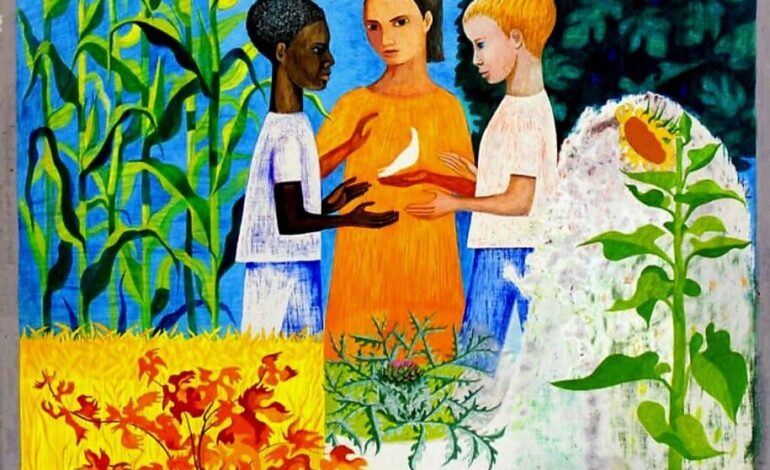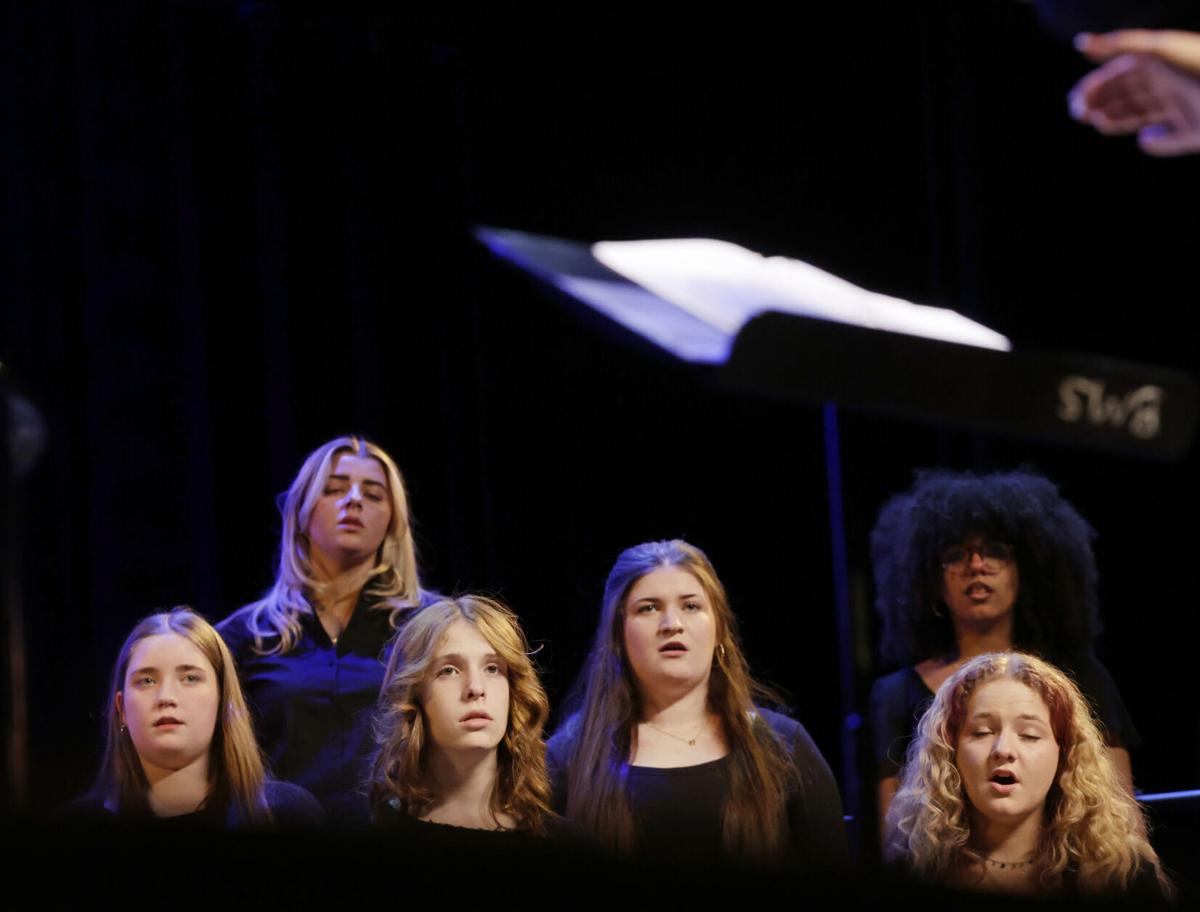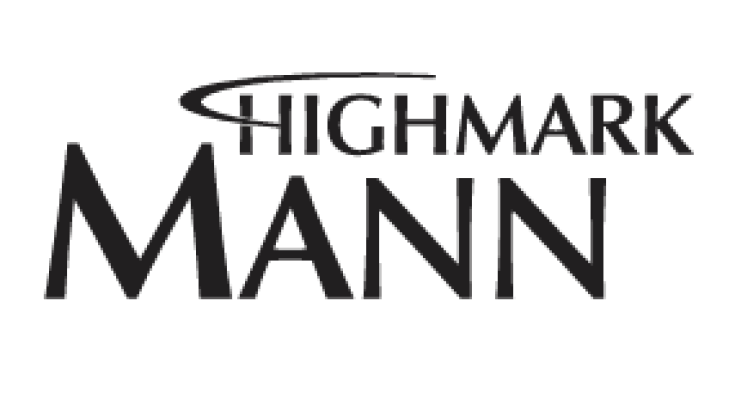Local Initiatives Combat Period Poverty Across the U.S.

Efforts to address period poverty are gaining momentum across the United States, as individuals and community groups increasingly take matters into their own hands. This grassroots movement is characterized by local initiatives aimed at providing menstrual products to those in need, reflecting a growing urgency to tackle this often-overlooked issue.
Growing Awareness and Local Action
In recent weeks, numerous stories have emerged highlighting the proactive measures being taken to combat period poverty. Initiatives such as Project Marilyn, a nonprofit based in Nevada, are dedicated to ensuring that everyone has access to menstrual products. The organization’s founder emphasizes that “everyone deserves a healthy and dignified period.”
In Hampton Roads, local libraries have begun crowd-sourcing supplies of menstrual products. They offer a “take what you need, leave what you can” model, allowing individuals to access these essential items without barriers. Community members are encouraged to donate menstrual care products at any Suffolk Public Library branch, making it easier for those in need to obtain them discreetly.
Young Leaders Making a Difference
Youth activism plays a significant role in this movement. In Cedar Falls, Iowa, Elle Smith, a Girl Scout, received the prestigious Gold Award for her efforts to address period poverty in schools. Her advocacy contributed to the creation of Iowa Bill HF883, which aims to provide free access to menstrual products in school restrooms. According to Smith, “23% of teenage girls say they struggle with period poverty in their family,” highlighting the urgency of the issue.
In West Virginia, Isabelle Moore, the founding director of the Wood County Women’s Rights Alliance, launched the Pink Period Pantries project in March 2025. The initiative arose from a community need expressed online, leading Moore to provide free access to menstrual products and educational resources. “I decided to start it myself,” she stated, responding to a clear demand for assistance.
Another impactful initiative comes from Lynette Medley in Philadelphia, who distributes free menstrual products to those facing financial barriers. Medley underscores the mental health implications of period poverty, noting that it can exacerbate anxiety and depression among young people. “Period poverty can lead to worsened anxiety and depression for young people and it can also truly interfere with normal teen social and emotional development,” she remarked.
Collaborative Community Efforts
In Arkansas, students are addressing climate anxiety alongside period poverty through Zero Hour Arkansas. This group partnered with Campus Cup to distribute free menstrual cups while promoting environmental sustainability. Their efforts not only provide essential products but also educate peers about the environmental impact of traditional menstrual products.
The Junior League of Akron is also making strides in Ohio, supporting local food banks with volunteers and menstrual product supplies. Their initiative aims to raise awareness about period poverty and its implications, reinforcing the importance of community involvement.
As these local initiatives continue to grow, they highlight a collective desire for change. Individuals and groups are stepping up, demonstrating that the fight against period poverty is not just a policy issue but a community responsibility. From libraries to schools and grassroots organizations, the movement is gaining traction, making a significant impact on women’s lives across the nation.
The stories of these local heroes serve as a reminder that addressing period poverty is possible through community action and collaboration. Each effort, big or small, contributes to making life a little easier for women in need.






